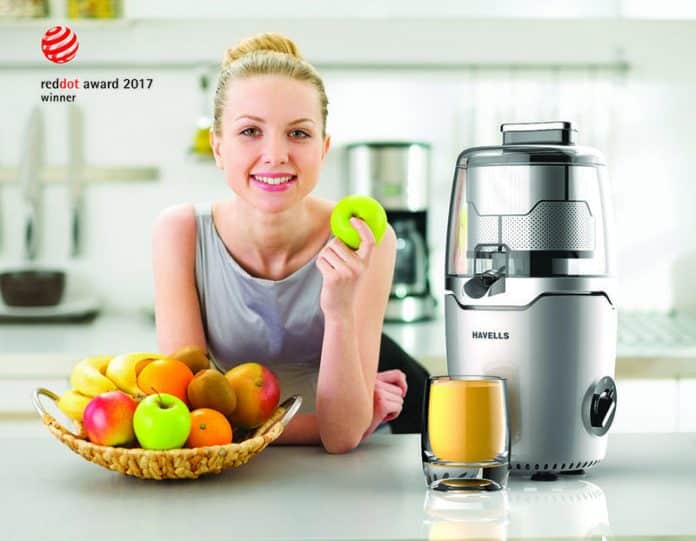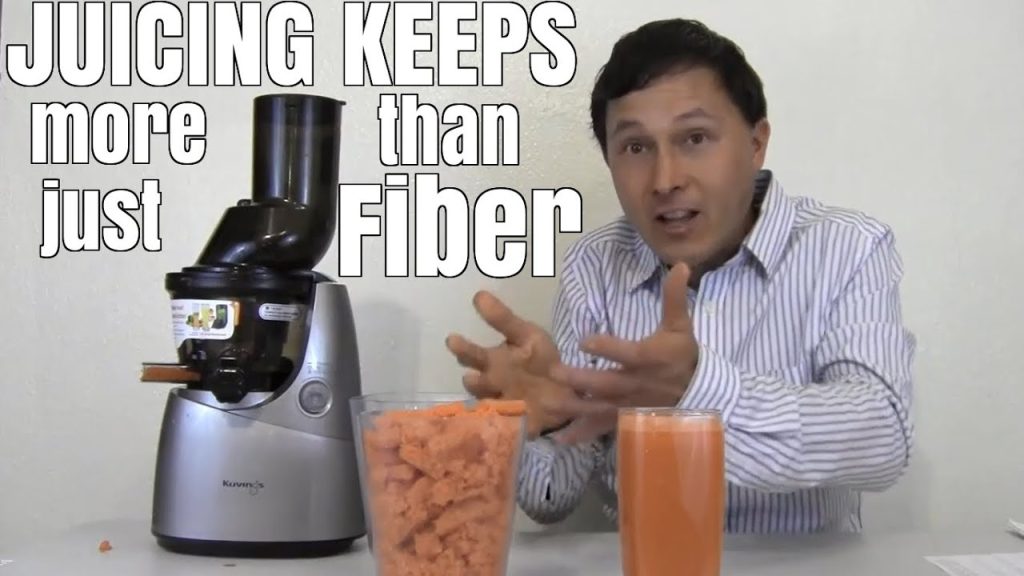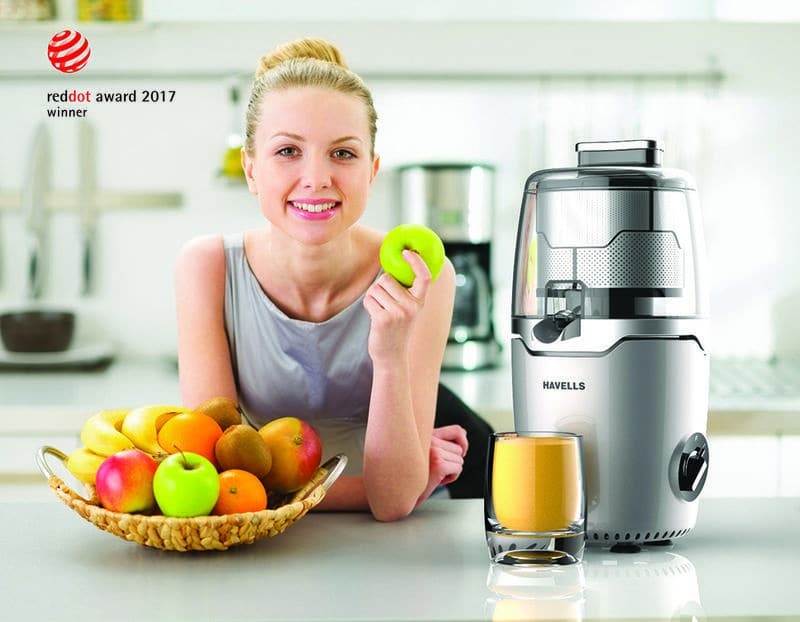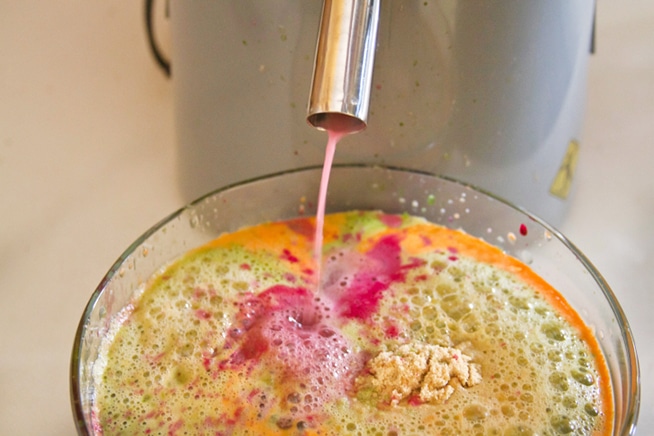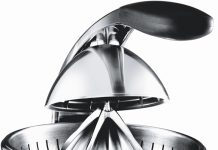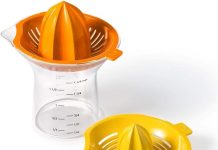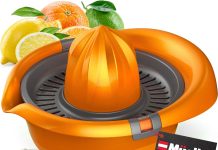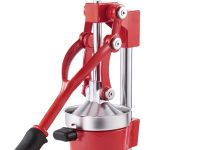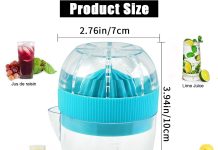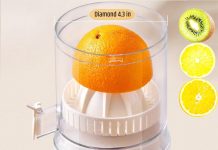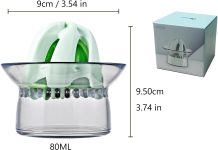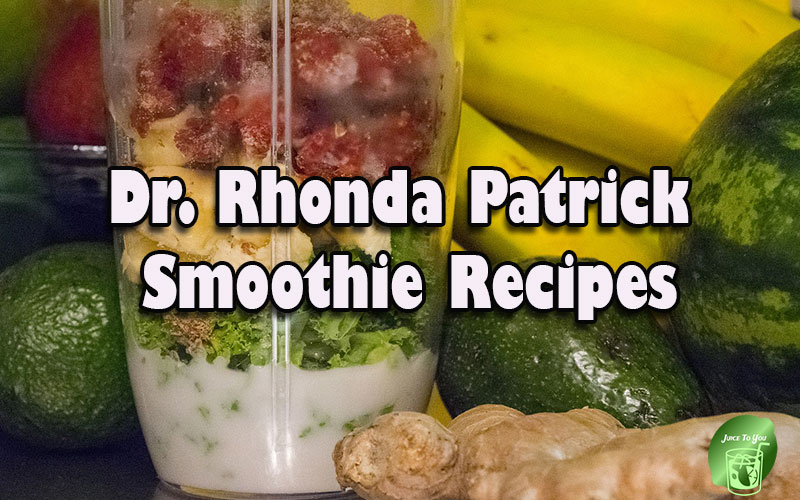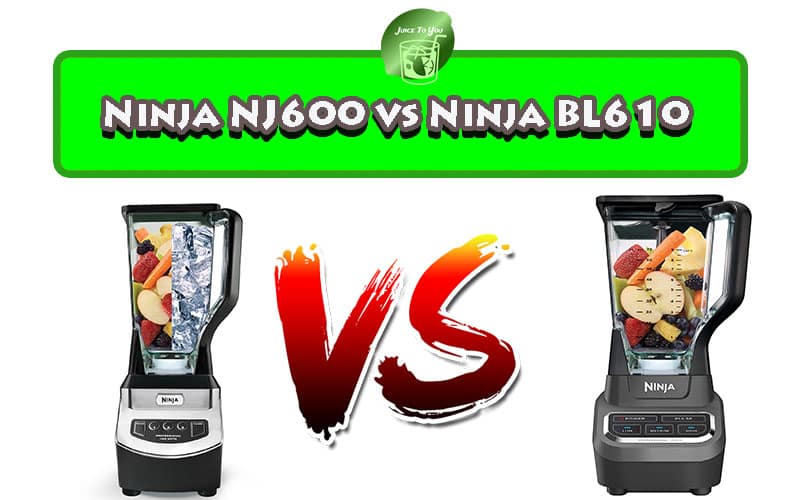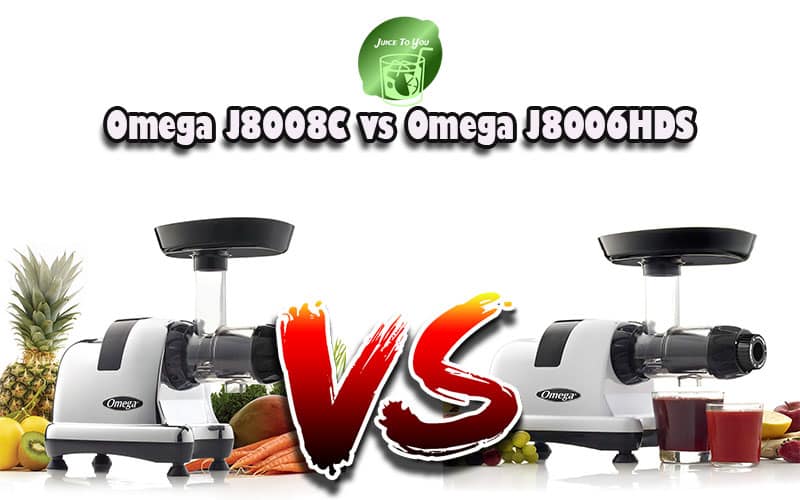Juice enthusiasts often wonder if their beloved juicers retain the fiber in the juice. In pursuit of a healthier lifestyle, the retention of important nutrients like fiber is crucial. Fiber plays a vital role in maintaining digestive health and promoting satiety. So, it’s natural to question whether juicers remove or preserve this essential component. Let’s delve into the intricacies of juicing and explore whether our juicers retain the fiber in the juice we enjoy.
Review contents
What is Fiber?
Definition of Fiber
Fiber, also known as dietary fiber or roughage, is a type of carbohydrate that our bodies cannot digest. It is derived from plants and is found in foods such as fruits, vegetables, whole grains, legumes, nuts, and seeds. Unlike other carbohydrates, such as sugars and starches, fiber passes through our digestive system relatively intact.
Types of Fiber
There are two main types of fiber: soluble fiber and insoluble fiber. Soluble fiber dissolves in water and forms a gel-like substance in the digestive tract. It can help lower cholesterol levels and regulate blood sugar. Insoluble fiber does not dissolve in water and adds bulk to the stool, promoting regular bowel movements. Both types of fiber are essential for maintaining a healthy digestive system.
Why is Fiber Important?
Digestive Health
One of the primary reasons fiber is important is its role in promoting digestive health. It adds bulk to the stool, making it easier to pass through the intestines and preventing constipation. Additionally, fiber acts as a prebiotic, providing nourishment for the beneficial bacteria in our gut. These bacteria help maintain a healthy balance in our digestive system and support optimal nutrient absorption.
Weight Management
Fiber also plays a crucial role in weight management. Foods high in fiber tend to be more filling, leading to increased satiety and reduced calorie intake. By adding bulk and slowing down digestion, fiber helps us feel satisfied for longer periods, preventing overeating. Moreover, high-fiber foods often have fewer calories compared to their low-fiber counterparts, making them a great choice for maintaining a healthy weight.
Heart Health
Consuming an adequate amount of fiber is associated with a lower risk of heart disease. Soluble fiber helps reduce levels of low-density lipoprotein (LDL) cholesterol, also known as “bad” cholesterol, by binding to it and eliminating it from the body. This, in turn, can help prevent the buildup of plaque in the arteries and reduce the risk of heart attacks and strokes.
Blood Sugar Control
Fiber, particularly soluble fiber, can help regulate blood sugar levels. When we consume high-fiber foods, they slow down the absorption of sugars into the bloodstream, preventing rapid spikes in blood sugar. This is particularly beneficial for individuals with diabetes or those at risk of developing the condition, as it helps maintain more stable blood sugar levels throughout the day.
This image is property of i.ytimg.com.
Do Juicers Remove Fiber from Juice?
Mechanism of Juicers
Juicers are machines specifically designed to extract the juice from fruits and vegetables. They work by separating the liquid component, the juice, from the solid components, such as pulp and fiber. Depending on the type of juicer used, the amount of fiber retained in the juice can vary significantly.
Different Types of Juicers
There are two primary types of juicers: masticating juicers and centrifugal juicers. Masticating juicers, also known as cold press or slow juicers, use a slow grinding and chewing motion to extract juice from fruits and vegetables. Centrifugal juicers, on the other hand, use a high-speed spinning motion to separate the juice from the pulp.
Masticating Juicers
How Masticating Juicers Work
Masticating juicers operate at a slow speed, typically around 80 RPM (rotations per minute). They use a single auger or gear to slowly crush and grind the fruits and vegetables, extracting the juice in the process. The slow speed minimizes heat generation, which helps preserve the nutrient content of the juice.
Fiber Retention in Masticating Juicers
Masticating juicers are known for their ability to retain a higher amount of fiber in the juice compared to centrifugal juicers. The slow grinding and chewing motion of the juicer effectively breaks down the cell walls of the produce, releasing the juice while keeping a significant portion of the fiber intact. This makes masticating juicers an excellent choice for individuals looking to maximize their fiber intake through juicing.
This image is property of qph.cf2.quoracdn.net.
Centrifugal Juicers
How Centrifugal Juicers Work
Centrifugal juicers are the more common and widely available type of juicers. They work by using a fast-spinning blade to chop and shred the fruits and vegetables, separating the juice from the pulp. The high-speed spinning generates more heat and oxidation, which can affect the nutrient content of the juice to some extent.
Fiber Retention in Centrifugal Juicers
While centrifugal juicers are efficient in extracting juice quickly, they tend to remove a higher amount of fiber compared to masticating juicers. The fast-spinning blades and high-speed motion of the juicer result in a higher breakdown of the produce, leading to a reduction in the fiber content. However, it’s important to note that centrifugal juicers can still provide some fiber in the juice, especially if the produce used has high fiber content.
Fiber Content in Juices
Fiber in Commercially Processed Juices
It’s important to distinguish between commercially processed juices and homemade juices in terms of their fiber content. Many commercially processed juices undergo extensive filtration and clarification processes, which often result in a significant reduction in fiber content. Furthermore, some manufacturers may add fiber supplements to compensate for the loss, but these fibers might not provide the same health benefits as natural dietary fiber.
Fiber in Homemade Juices
When making homemade juices, especially with a masticating juicer, the fiber content can be higher compared to commercially processed juices. This is because homemade juices typically retain the natural fiber present in the fruits and vegetables used. However, it’s important to note that the actual amount of fiber in the juice will depend on the type and quantity of produce used, as well as the juicing method employed.
This image is property of cdn.trendhunterstatic.com.
Benefits of Juicing with Fiber
Nutrient Absorption
Consuming juices with fiber can enhance the absorption of nutrients in our bodies. The fiber in the juice helps slow down the digestion of the juice, allowing the body to extract and absorb more nutrients from it. This is particularly beneficial for individuals with compromised digestive systems or those who struggle with nutrient absorption.
Improved Digestion
Juicing with fiber promotes improved digestion. Fiber adds bulk to the stool and provides roughage, which helps move waste through the digestive tract more efficiently. This can alleviate digestive issues such as constipation and helps maintain a healthy gut environment.
Reduced Risk of Diseases
Increasing the consumption of fruits and vegetables through juicing with fiber has been linked to a reduced risk of various diseases. High-fiber diets have been associated with a lower incidence of heart disease, stroke, type 2 diabetes, and certain types of cancer. Including fiber in our juice can contribute to an overall healthier lifestyle and reduce the risk of developing chronic diseases.
Tips to Retain Fiber in Juice
Include Whole Fruits and Vegetables
To maximize the fiber content in your juice, it’s important to include whole fruits and vegetables in the juicing process. This means not peeling or removing the skin of produce unless necessary. The skin and peels of fruits and vegetables often contain a significant portion of the fiber, so leaving them intact will help retain more fiber in the final juice.
Choose Masticating Juicers
If retaining fiber is a priority, choosing a masticating juicer is recommended. As mentioned earlier, masticating juicers are known for their ability to retain more fiber in the juice compared to centrifugal juicers. The slower speed and grinding/chewing motion of masticating juicers help preserve the fiber content, ensuring a fiber-packed juicing experience.
Add Pulp Back to the Juice
After juicing, there will still be pulp remaining from the fruits and vegetables. One way to increase the fiber content in your juice is to add some of this pulp back into the juice. You can either mix it back in manually or use a technique called “pulp re-feeding,” which involves running the pulp through the juicer again to extract any remaining juice and fiber.
This image is property of www.rebootwithjoe.com.
Conclusion
Fiber is a vital component of a healthy diet, and juicing can be a convenient way to increase the intake of fruits and vegetables. While juicers do remove some fiber from the juice, choosing the right juicer and including whole produce can help retain a significant amount of fiber. By juicing with fiber, we can reap the benefits of improved nutrient absorption, better digestion, and a reduced risk of chronic diseases. So go ahead and enjoy a refreshing glass of fiber-rich juice while nourishing your body.

